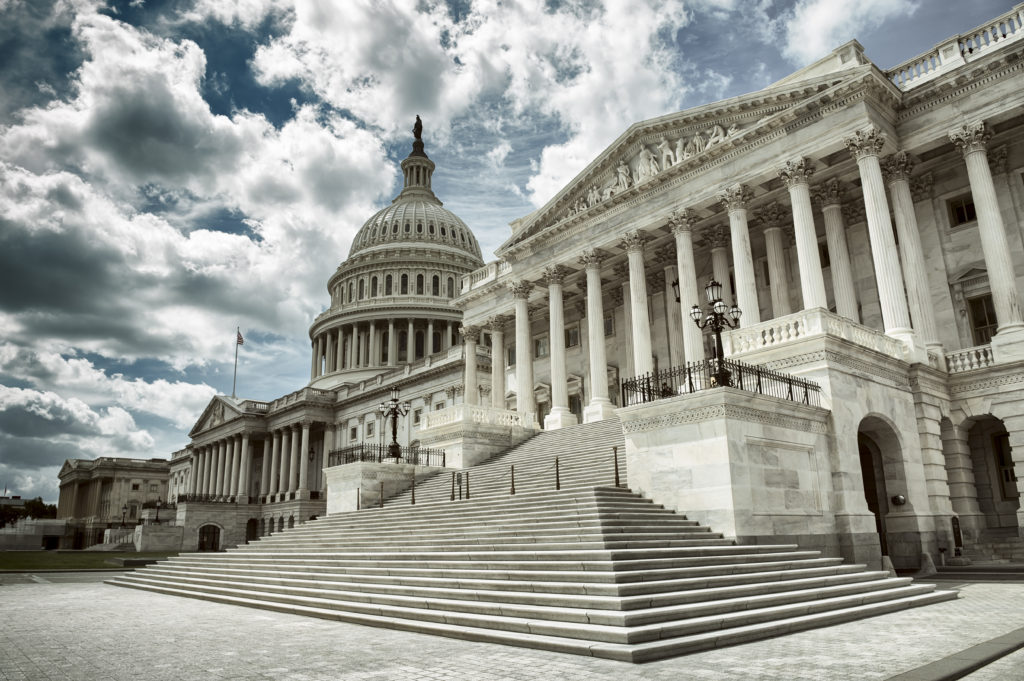
President Joe Biden’s administration is urging Congress to sign off on emergency aid package for transportation programs across the country–part of a $1.9 trillion pandemic relief package being proposed.
This economic assistance will help state and municipality supply chains, as well as commercial and passenger corridors, receive the assistance they need after taking some major financial hits throughout the 2020 COVID-19 pandemic.
Congressional schedules have already been packed during the first month of Biden’s presidency with events surrounding Donald Trump’s second impeachment trial, Biden’s Cabinet nominee considerations, and budgetary policy legislation. Therefore, Congress is still working to create a full-fledged schedule for Biden’s American Rescue Plan.
According to said plan, America’s overall public transit infrastructure is “critical for a robust and equitable economic recovery,” and Biden’s proposal suggests the allocation of $20 billion for connectivity boosts and upgrades for transit agencies.
“This relief will keep agencies from laying off transit workers and cutting the routes that essential workers rely on every day while making these transit systems more resilient and ensuring that communities of color maintain the access to opportunity that public transportation provides,” the plan explained.
$350 billion of the proposed funds would be allocated for the steady employment of public workers by state and local governments, $160 billion would go to a vaccination program for the entire country, $30 billion would go to rental assistance, and $25 billion would be allocated specifically to food assistance, emergency paid leave, and child care.
An additional $130 billion would be dedicated for school re-openings, as well as for bus access transportation capacity boosts. Individual households that have suffered financial hardship during this time would also receive $1,400 in direct payment assistance..
Further relief will also be set aside primarily for vital resources and provisions regarding climate change, as explained by Biden’s administration officials.
“It’s time to stop talking about infrastructure and finally start building it,” said President Biden. “Millions of good-paying jobs that put Americans to work rebuilding our roads, bridges, and ports to make them more climate-resilient, [will] make it faster, cheaper, and cleaner to transport American-made goods across our country around the world.”
Biden also noted that this kind of funding is particularly important to those who have had to take on full-time child care while simultaneously working from due to schools being shuttered for the time being.
“Imagine millions of jobs in our caregiving economy [working] to ease the financial burden of caring for young children and aging loved ones,” Biden continued. “Let’s make sure our caregivers–mostly women, women of color, and immigrants–have the pay and dignity they deserve.”
This economic relief package proposal has been fully and passionately supported by Democrats, who now maintain the Senate Majority.
“Our country is still suffering some of the highest rates in the entire world of infections, hospitalizations, and deaths from COVID-19,” explained Speaker Nancy Pelosi and Senate Majority Leader Chuck Schumer. “These proposals by the Biden-Harris administration will be critical to getting our country through this challenging period and toward a period of recovery. We echo the [president’s] call for bipartisan action on his proposal and hope that our Republican colleagues will work with us quickly to enact it.”
In agreement is the American Public Transportation Association, whose president and CEO, Paul Skoutelas made clear the benefits the economic aid package would have on the transportation sector.
“The proposed emergency transit funding included in the American Rescue Plan is vital to the industry’s survival and will help prevent massive labor cuts and drastic service reductions,” Skoutelas explained. “Public transportation has served an essential role during this pandemic and is an indispensable part of the social and economic recovery of our communities and our country.”
Senator Patrick Leahy, who will also serve as the chamber’s funding leader, reiterated Pelosi and Schumer’s sentiments, expressing his faith in the new president.
“I am relieved that we will finally have a partner in the White House who takes this unprecedented health and economic crisis seriously,” he said. “There are pressing needs that have been unaddressed for far too long as hundreds of thousands died, tens of millions were infected, and millions lost their jobs.”
Reader Interactions